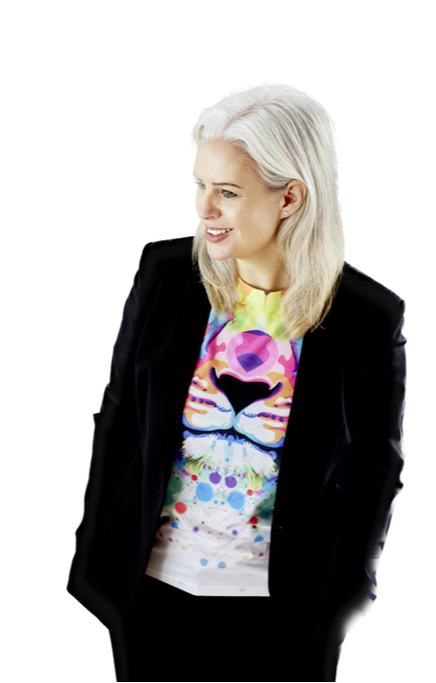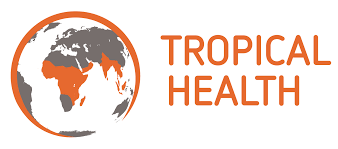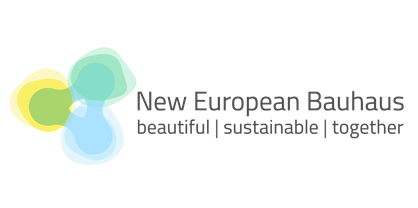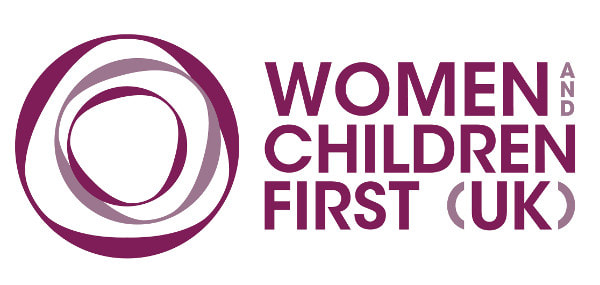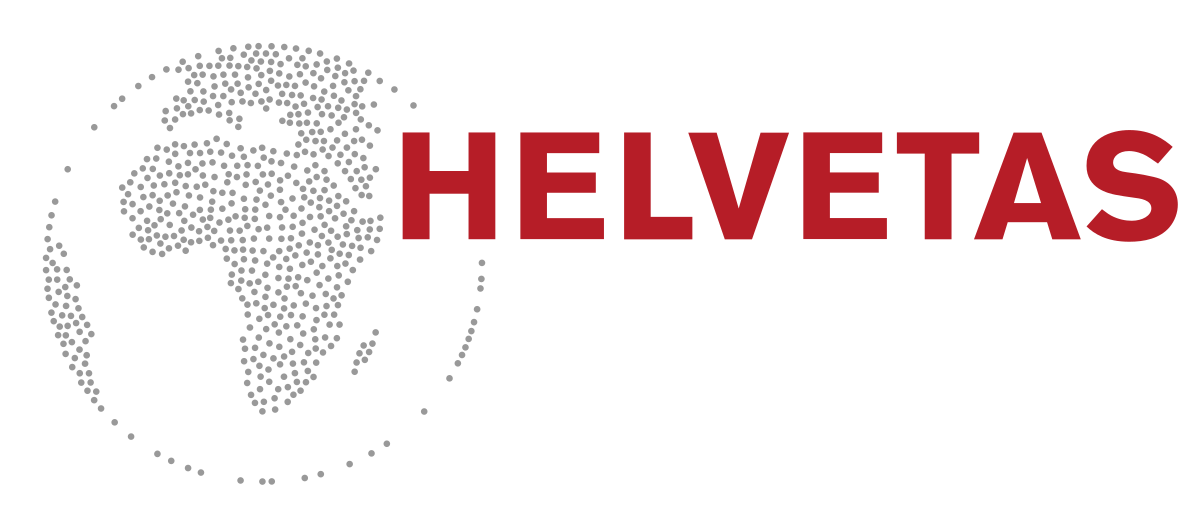Creating triple wins for people, planet and the economy
We all want to lead healthy and happy lives, and it is in our interest to ensure the same for others. At the same time, we are faced with a myriad of global challenges, ranging from climate change to environmental degradation and social injustice. Such global challenges can only be addressed through collaboration across sectoral, geographic and thematic boundaries. In order to succeed, we need to look for incentives, synergies and solutions that resonate with more than one sector or stakeholder group. This requires thinking outside the box and keeping the bigger picture in mind. Above all, it requires a systems perspective and a willingness to learn, share and be creative.
We seek to create win-wins by addressing today's most pressing global issues from a bigger picture perspective, rather than pitting different priorities against each other.
For example, addressing climate change is not an end in itself, but it contributes to better health, happiness and wellbeing - not only at some distant point in the future, but right now. By breathing better air we become physically healthier and feel mentally better, we are more inclined to go for walks rather than taking the car, which in turn benefits our health even more. Preventing global warming also means preventing old diseases from spreading and new ones from emerging. It means reducing poverty and inequality, and thereby contributing to economic progress.
Very importantly, the investments necessary to prevent climate change actually pay for themselves, not least because of the related health benefits and hence the reductions in health expenditure by public institutions and private households.
Addressing climate change from a systems perspective thus is a way to solve several societal issues at the same time, and thus creating triple wins in the social, environmental and economic spheres.
Very importantly, the investments necessary to prevent climate change actually pay for themselves, not least because of the related health benefits and hence the reductions in health expenditure by public institutions and private households.
Addressing climate change from a systems perspective thus is a way to solve several societal issues at the same time, and thus creating triple wins in the social, environmental and economic spheres.
About Alice
|
Alice Schmidt is a senior policy advisor and business consultant who has worked with over 70 of the world’s best organisations in 30 countries. Her professional experience spans 25+ years and covers not only global health and sustainable development but includes business, innovation and creative approaches to creating win-wins across the economic, social and environmental spheres. Besides advising governments and multilateral institutions, Alice has worked with a range of businesses on developing sustainability strategies and tracking social impact. She regularly lectures at European universities.
Academically, Alice has a background in business and two Master's degrees for which she studied at universities in Austria, Australia and the UK: she holds a Master in International Business Administration from Vienna University of Economics and Business, and an MSc in Violence, Conflict and Development from the School of Oriental and African Studies (SOAS) at the University of London. She is a certified En-ROADS Climate Ambassador and also holds a certificate in CSR Strategy, besides having completed a host of professional trainings on social impact assessment, project management and other topics. |
Experience across sectors & geographies
Alice has received excellent references by clients, partners and students. What sets her apart from other consultants is that she has worked on a wide range of issues across the social, economic and environmental spheres, including global health, education, social innovation, inclusive and sustainable business, arts & architecture, measuring social impact and societal progress, and others. Alice has been exposed to numerous different countries and contexts and performed a variety of functions. This, coupled with her enthusiasm for taking on new challenges, makes her extremely versatile while never losing sight of the bigger picture.
In addition to directing her consulting firm, Alice Schmidt is an MIT Climate Ambassador. She also chairs the Board of the not-for-profit arm of Berlin-based research and consulting firm Endeva, is a member of the International Council of Austria's Circular Economy Forum, acts as a member of climate & sustainability juries and is a senior university lecturer for BA, MBA and professional Master's students on Sustainable Business and Management for the Future at Vienna University of Economics and Business. Alice is always looking for new ideas and collaborations to make a positive impact on society and the environment. A native speaker of German, Alice usually works in English and occasionally in French. She has worked in numerous projects across Africa, Asia and Europe.
In addition to directing her consulting firm, Alice Schmidt is an MIT Climate Ambassador. She also chairs the Board of the not-for-profit arm of Berlin-based research and consulting firm Endeva, is a member of the International Council of Austria's Circular Economy Forum, acts as a member of climate & sustainability juries and is a senior university lecturer for BA, MBA and professional Master's students on Sustainable Business and Management for the Future at Vienna University of Economics and Business. Alice is always looking for new ideas and collaborations to make a positive impact on society and the environment. A native speaker of German, Alice usually works in English and occasionally in French. She has worked in numerous projects across Africa, Asia and Europe.
Clients & partners
Alice has worked with a wide range of organisations. These include United Nations agencies such as the United Nations Development Programme (UNDP) or the World Health Organization (WHO); the EU's Directorate General for International Partnerships (DG INTPA); large corporations such as Boehringer Ingelheim, Ferrero, The Coca-Cola Company, Henkel and others; international NGOs such as Médecins Sans Frontières (MSF), Save the Children or Wateraid; business and development consultancies, such as endeva, hera, Montrose International or Oxford Policy Management; universities, like Vienna University of Economics and Business or Alpen-Adria University Klagenfurt; as well as media organisations, government agencies and other institutions.
